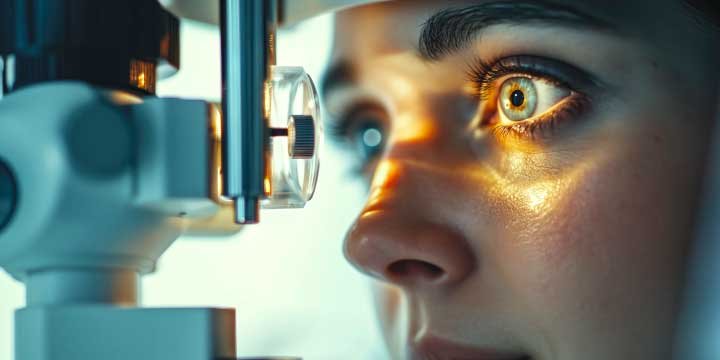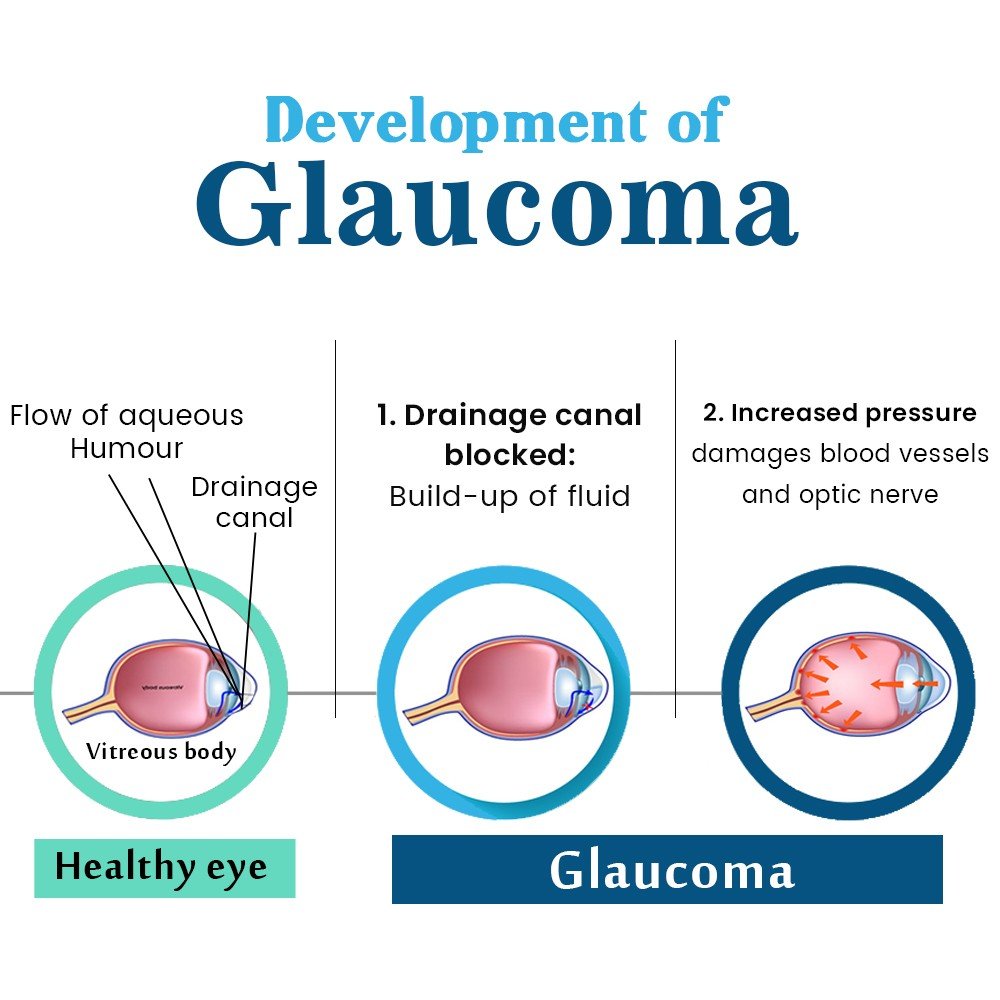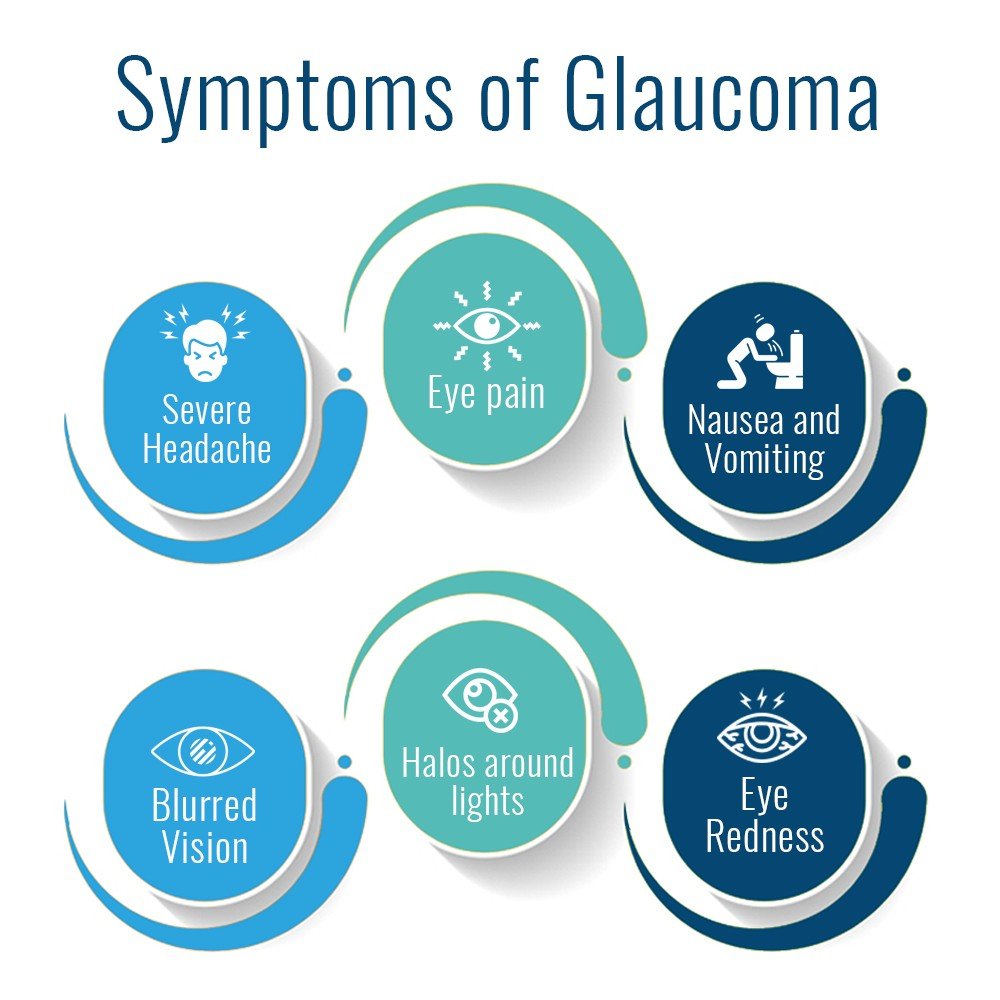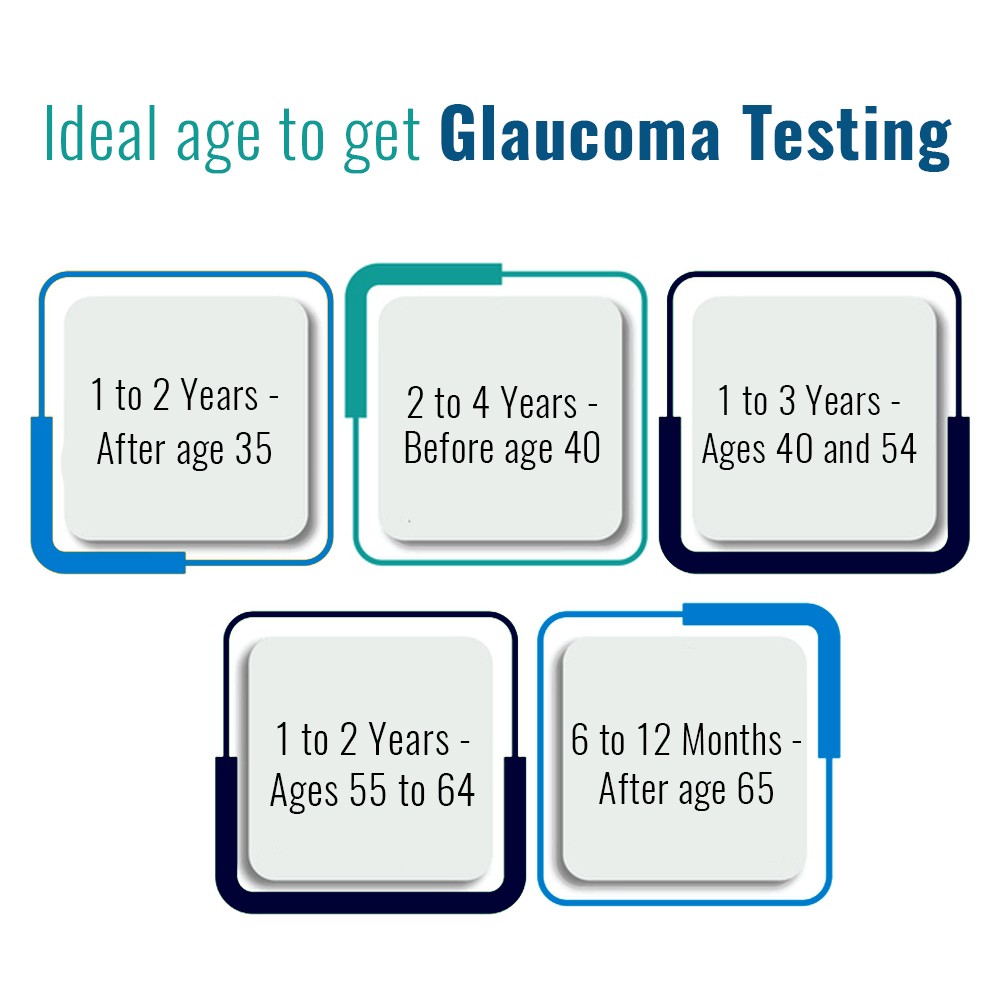At Lasikinpunjab, recognized as the Best Glaucoma Hospital in Phagwara, we offer specialized glaucoma services designed to diagnose, treat, and manage all forms of glaucoma. Our experienced team of ophthalmologists utilizes advanced technology and personalized treatment plans to help preserve and protect your vision from the damaging effects of glaucoma. We are equipped to perform advanced glaucoma surgery in Phagwara, ensuring effective treatment for both early and advanced stages. Choose Lasikinpunjab for expert care and comprehensive solutions tailored to your unique eye health needs.

Glaucoma is a group of eye diseases that damage the optic nerve, leading to vision loss and potentially blindness. It is often associated with increased intraocular pressure (IOP) but can occur even with normal IOP. Early detection and timely treatment are crucial in preventing significant vision loss. For those seeking specialized care, finding the Best Glaucoma Hospital in Phagwara is essential. A reputable hospital will offer advanced diagnostic tools and experienced ophthalmologists to ensure effective management of this condition.
If left untreated, glaucoma can cause irreversible damage to vision. Choosing a center known for successful glaucoma surgery in Phagwara ensures patients receive the latest treatments tailored to their needs.
1. Comprehensive Eye Examinations: Our glaucoma specialists conduct thorough eye examinations, including detailed assessment of the optic nerve, measurement of intraocular pressure, and evaluation of the drainage angle. Advanced diagnostic tools such as optical coherence tomography (OCT) and visual field testing (perimetry) are used to detect early signs of glaucoma and monitor disease progression.
2. Medical Management: For patients diagnosed with glaucoma, we offer a range of medical treatments to lower intraocular pressure and prevent further optic nerve damage. These include prescription eye drops, oral medications, and lifestyle recommendations. Our specialists work closely with patients to tailor a treatment plan that suits their specific needs and minimizes side effects
3. Laser Treatments: Laser therapy is an effective option for managing glaucoma, particularly for patients who do not respond well to medications. We offer several types of laser treatments:
Selective Laser Trabeculoplasty (SLT): This laser procedure targets the drainage angle to improve fluid outflow and reduce intraocular pressure.
Laser Peripheral Iridotomy (LPI): Used for angle-closure glaucoma, LPI creates a small opening in the iris to allow better fluid flow.
Cyclophotocoagulation: This laser treatment targets the ciliary body to reduce the production of aqueous humor and lower intraocular pressure.
4. Surgical Interventions: In cases where medical and laser treatments are insufficient, surgical intervention may be necessary. Our skilled surgeons perform advanced glaucoma surgeries to enhance fluid drainage and control intraocular pressure:
5. Monitoring and Follow-Up: Regular monitoring is essential for managing glaucoma effectively. Our team schedules routine follow-up visits to assess intraocular pressure, evaluate the optic nerve, and adjust treatment plans as needed. We also provide patient education to help individuals understand their condition and the importance of adherence to treatment.
Expert Glaucoma Specialists:
At our facility, recognized as the Best Glaucoma Hospital in Phagwara, our team of glaucoma specialists has extensive experience in diagnosing and managing all forms of glaucoma. Their expertise ensures that patients receive the highest standard of care and the most effective treatments available. Whether it’s routine screenings or advanced surgical options, we are dedicated to preserving and enhancing our patients’ vision through comprehensive glaucoma management.
Advanced Diagnostic Technology:
Mitra Eye Hospital is equipped with state-of-the-art diagnostic tools to accurately detect and monitor glaucoma. This allows for early intervention and better management of the disease.
Comprehensive Care:
We offer a full range of glaucoma services, from medical management to Glaucoma surgery in Phagwara. Our integrated approach ensures that patients receive comprehensive and coordinated care tailored to their specific needs.
Patient-Centric Approach:
We prioritize the well-being and comfort of our patients. Our team provides personalized care, taking the time to explain treatment options and address any concerns. We are committed to helping our patients maintain their vision and quality of life.
Trusted for Glaucoma Surgery in Phagwara:
Our success in treating complex cases with cutting-edge surgical techniques has made us a preferred choice for Glaucoma surgery in Phagwara. Patients trust us for accurate diagnosis, modern treatment, and long-term care.
Continual Innovation in Glaucoma Care:
Our hospital continually updates its protocols with the latest advancements in glaucoma therapy, ensuring our patients benefit from global best practices.
If you are at risk for glaucoma or have been diagnosed with the condition, we invite you to schedule a consultation
with our expert team at Mitra Eye Hospital, the Best Glaucoma Hospital in Phagwara. Early detection and effective management are key to preserving your vision and preventing vision loss.

What are the types of Glaucoma?
There are different types of glaucoma and it includes:
| Open-angle |
|
| Closed-angle |
|
| Normal-Tension |
|
| Congenital |
|
The symptoms you have will depend on your condition as every patient is different from others:

| Open-angle Glaucoma | Acute angle-closure glaucoma |
|
|
If you notice the symptoms are getting severe, then make sure to consult the medical expert right away.
If the condition is chronic, then it can greatly affect the vision even before you can notice the symptoms. Some of the major risk factors are:
In most cases, people develop this condition in both eyes, however, one of the eyes will have a more severe condition. In the case of open-angle glaucoma type, one person will have severe or moderate damage and the other eye will be affected less. Gradually, the condition will get worse for both eyes. In the case of closed-angle glaucoma, one eye will have the chance of developing by around 40% to 80%.
In many cases, the reason for glaucoma is not known but it can occur due to several factors. One of the major factors in intraocular eye pressure. The eye produces a fluid which is known as ‘Aqueous Humor’ which affects them. The liquid flows through the pupil to the front of the eye.
With this condition, the drainage canals are clogged with microscopic deposits. The fluid will build up in the eye, as it cannot go anywhere else. When the pressure gets in excess it will damage the optic nerve.
In the initial stage, you must follow the self-care tips which help in preventing vision loss and the problem will slow down from progressing further.
| Get regular dilated eye examination | Getting a regular eye examination will detect the problem early and damage will not get worse. If you are under 40 years old, then make sure to get an eye examination every 5 to 10 years. Under the age of 55 to 64, get it every 2 years. |
| Know about your family history | If someone had it in your family, then you are also at increased risk. So, it is better to get the screening on time. |
| Exercise safely | Make sure to exercise regularly as it reduces eye pressure. Talk to the doctor about which eye exercises you should do. |
| Take prescribed eye-drops | Talk to the doctor about which glaucoma eye drops you should take. |
| Wear eye-protection | It is better to wear the eye-protection when you doing high-speed racket sports and using power tools. |
2 types of laser surgery are there to treat Glaucoma, to take out the aqueous. The ophthalmologist will perform the treatment at the hospital
| Trabeculoplasty | Iridotomy |
| It is for people who have open-angle glaucoma. The surgeon will use the laser, so that the drainage is better. It makes it easier for fluid to flow and eye pressure is less | It is for people who have angle-closure glaucoma. The doctor will create a tiny hole in the iris and this way the fluid will flow. |
Glaucoma is treated with eyedrop medication. The doctor will suggest that eye drops be used every day. The use of these will help to keep the vision and it will reduce the side effects. Some eye drops can lead to:
The medications come with side effects, so make sure to consult the doctor on which one you should take regularly. Don’t do anything on your own.
The doctor will perform the following test to diagnose glaucoma:
Treatment will reduce the risk of additional vision loss and it will restore lost vision. Glaucoma treatment will include:

Treatment will reduce the risk of additional vision loss and it will restore lost vision. Glaucoma treatment will include:
Although there is no cure for this condition, effective treatment will reduce eye pressure and prevent permanent vision loss. Consult the best eye doctor at Mitra Eye Hospital to get the right kind of treatment plan. Known as the Best Glaucoma Hospital in Phagwara, Mitra Eye Hospital offers advanced diagnostic tools and personalized care. The hospital is equipped to perform safe and effective Glaucoma surgery in Phagwara, helping patients preserve their vision. Early detection and timely intervention are crucial in managing this condition. Don’t wait—schedule your appointment today for expert glaucoma care.
Created by Fatewise Digital Solutions
Copyright © 2024. All rights reserved.